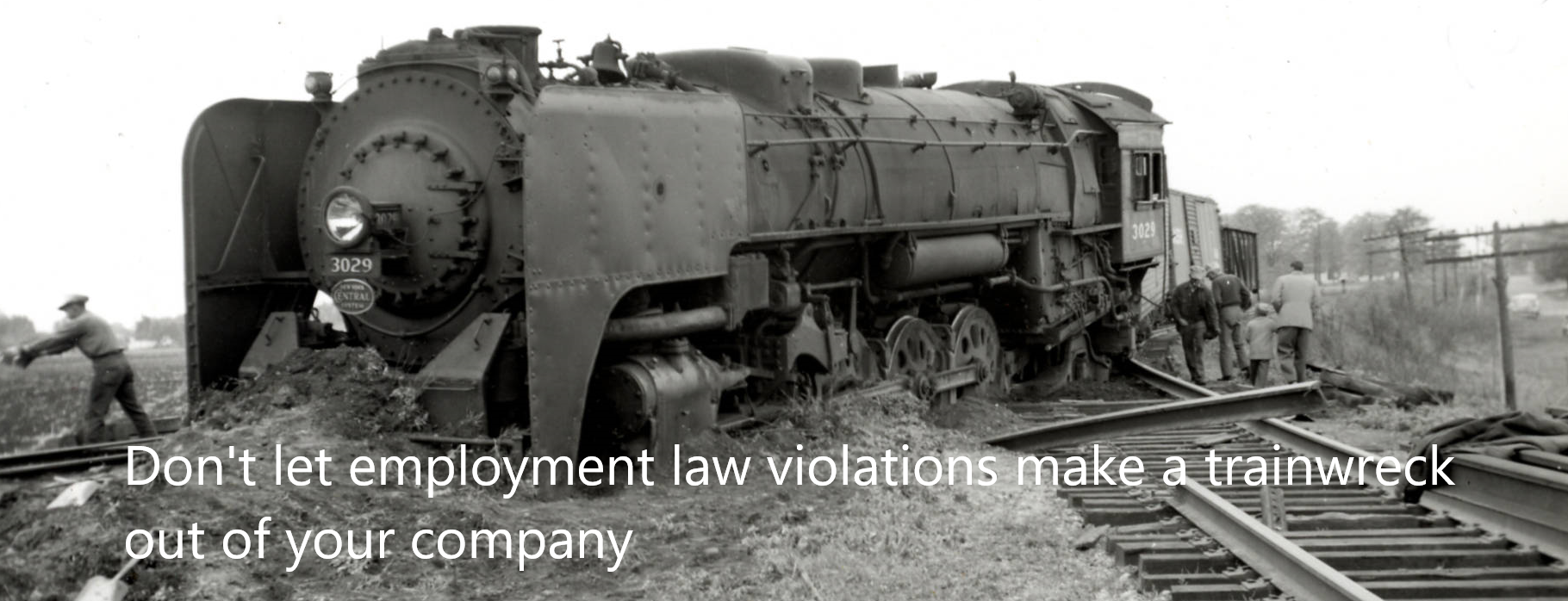 The massive growth of companies that connect consumers with people willing to perform a task as an independent contractor has increasingly been put in the cross-hairs of governmental regulators.
The massive growth of companies that connect consumers with people willing to perform a task as an independent contractor has increasingly been put in the cross-hairs of governmental regulators.
A recent California bill known as Assembly Bill 5 could force drivers for ride-hailing companies like Uber Technologies Inc., DoorDash Inc. and Lyft Inc. to become employees rather than independent contractors. Government regulators and courts around the globe curtail companies that view their role as marketplaces rather than service providers.
It’s not just in California since now New York City is implementing a minimum wage for drivers that have traditionally been paid by the job and not by the hour.
Workers who are employees rather than independent contractors are required to be covered by the employer with workers’ compensation insurance, meet a multitude of employment related regulations including minimum wage laws, EEOC laws. The employer is also obligated to calculate and remit state unemployment taxes (SUTA), federal unemployment taxes (FUTA). Employers also must calculate, withhold and remit state and federal income taxes on behalf of the workers.
While the big companies being affected by these laws are getting all the attention, the new rules may impact virtually any small or medium sized businesses that make use of workers who are acting as independent contractors.
Covered ground for PEO clients
For decades small companies have been joining a Professional Employer Organization (PEO) to ensure their workplace is legally compliant and to outsource the overhead cost and risk associated with having workers. Any company concerned that the new wave of regulations may create problems for their company’s workers should take a serious look at engaging a PEO to assist.


